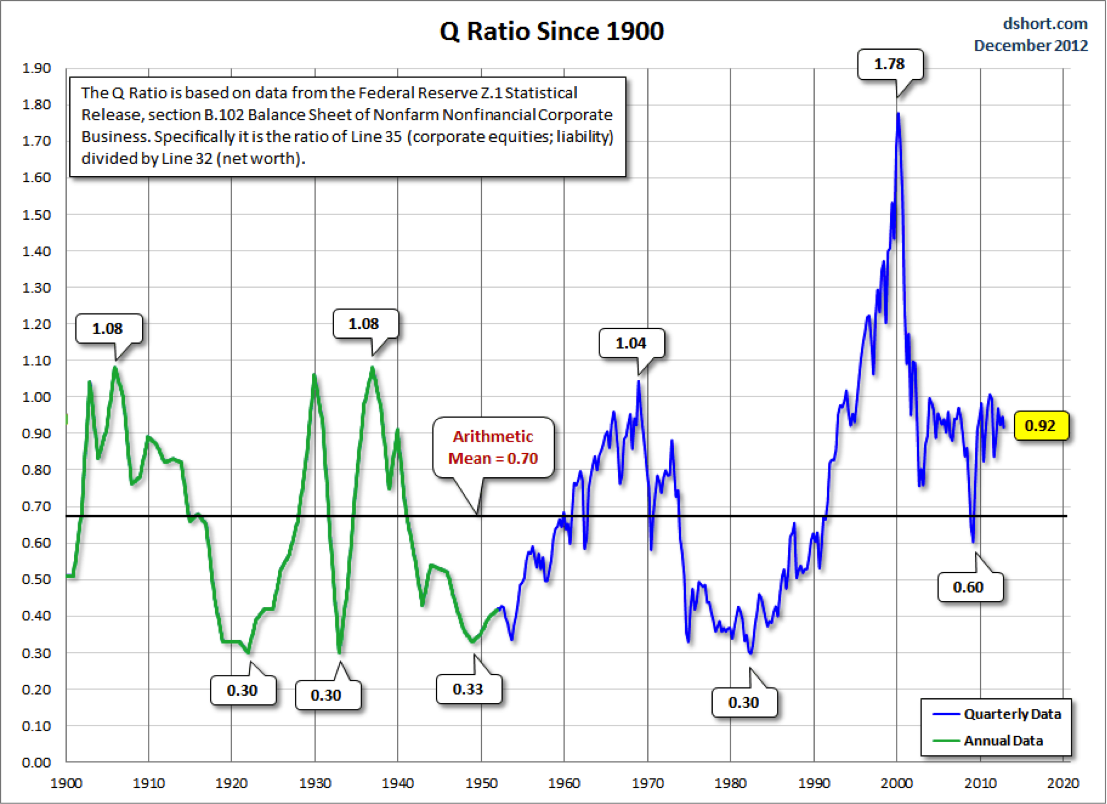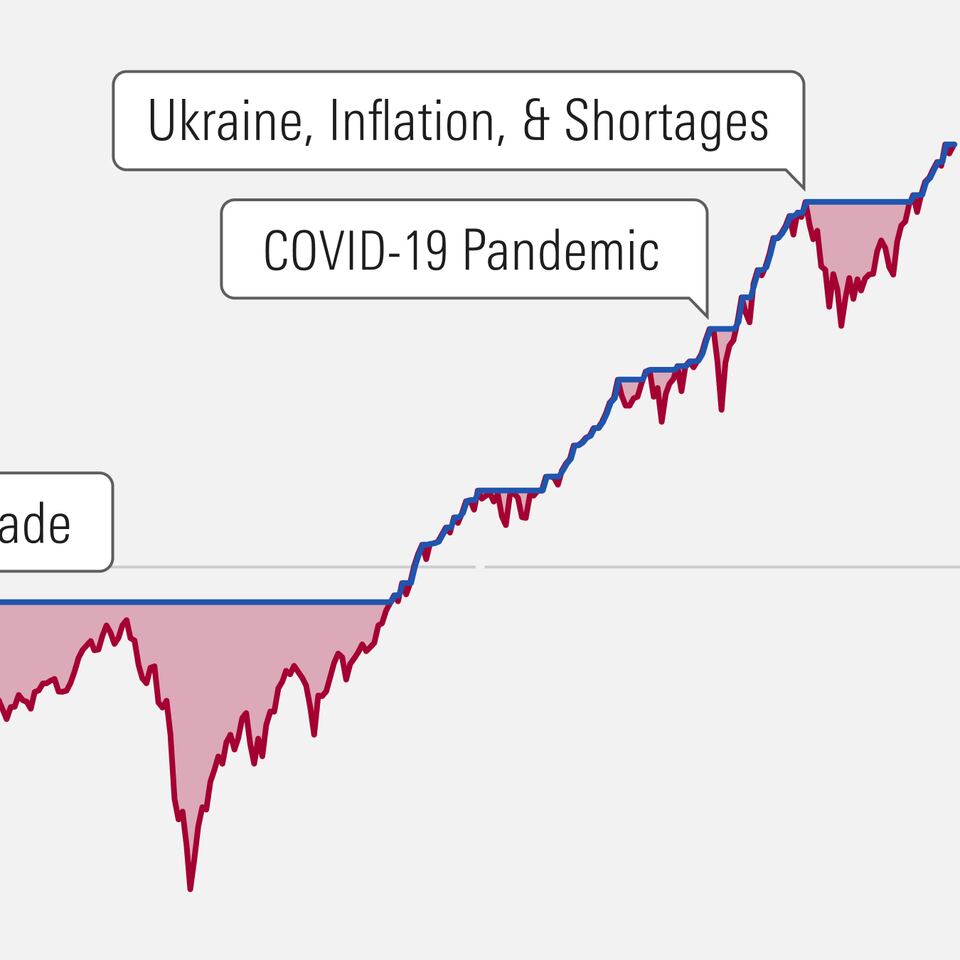Taiwan Foodpanda Acquisition: Uber Cites Regulatory Challenges For Termination

Table of Contents
The Original Acquisition Agreement: A Look Back
The initial agreement between Uber and Delivery Hero, Foodpanda's parent company, to acquire Foodpanda's Taiwanese operations held significant promise. Both companies saw strategic advantages: Uber aimed to strengthen its Uber Eats presence in a key Asian market, while Delivery Hero likely sought to streamline its portfolio and potentially capitalize on the deal's financial benefits. While precise financial details remain confidential, reports suggest the acquisition was expected to significantly bolster Uber's market share in the competitive Taiwanese food delivery sector. The projected timeline and specific clauses of the agreement are yet to be publicly disclosed. Key aspects of this "Uber Foodpanda Taiwan" deal included:
- Strategic Expansion: Uber sought to leverage Foodpanda's established network and customer base in Taiwan to rapidly expand its Uber Eats market share.
- Synergies and Economies of Scale: The combined entity could have achieved greater operational efficiencies and cost savings.
- Enhanced Market Competition: The merger was anticipated to intensify competition within the Taiwanese food delivery market.
Regulatory Challenges in Taiwan: Unforeseen Obstacles
The primary reason cited for the termination of the "Foodpanda acquisition termination" was the emergence of significant regulatory hurdles in Taiwan. The exact nature of these obstacles remains somewhat opaque, but reports suggest potential concerns related to:
- Antitrust Laws: The Taiwanese competition commission might have raised concerns about the potential for reduced competition and monopolistic practices resulting from the merger of two major players like Uber Eats Taiwan and Foodpanda.
- Data Privacy Regulations: The acquisition could have faced scrutiny regarding the handling and protection of user data under Taiwan's stringent data privacy laws.
- Other Compliance Issues: Additional compliance-related challenges, possibly involving licensing or other regulatory frameworks specific to the Taiwanese food delivery sector, could have also contributed to the decision. The complexities of navigating the "Taiwan regulatory environment" proved insurmountable.
These regulatory challenges effectively rendered the acquisition unfeasible, prompting Uber to reconsider its strategic approach.
Uber's Official Statement and Justification for Termination
Uber's official statement regarding the termination of the Foodpanda acquisition emphasized the insurmountable regulatory hurdles. The "Uber press release" highlighted the significant uncertainty surrounding the regulatory approval process and the potential risks associated with protracted delays. While the statement didn't explicitly detail each regulatory concern, it underscored the company's decision to prioritize a clear path forward, even if it meant abandoning the acquisition. The language used in the official communication conveyed a sense of regret but also a pragmatic approach to managing regulatory uncertainty. Key takeaways from the statement included:
- Acknowledgement of regulatory complexities.
- Emphasis on strategic flexibility and focus on other growth opportunities.
- A lack of specific details regarding the nature of the regulatory obstacles faced.
Impact on Foodpanda, Uber, and the Taiwanese Market
The termination of the "Taiwan Foodpanda Acquisition" has significant implications for all stakeholders:
- Foodpanda: Foodpanda in Taiwan will continue operating independently, but the failed acquisition may impact its future growth strategies and investment plans.
- Uber: The failed acquisition represents a setback for Uber's expansion plans in the Asia-Pacific region. It necessitates a reassessment of their strategic approach to the Taiwanese food delivery market.
- Taiwanese Market: The competitive landscape of the "Taiwan food delivery market" remains largely unchanged, though the anticipated consolidation did not materialize. This maintains a degree of market fragmentation. Further market share analysis will be necessary to fully assess the long-term consequences.
Conclusion: The Future of the Taiwan Foodpanda Acquisition and Market Implications
The termination of the Taiwan Foodpanda acquisition underscores the significant role regulatory challenges can play in shaping major corporate deals. The unforeseen hurdles related to antitrust concerns, data privacy regulations, and other compliance issues proved insurmountable for Uber, leading to the abandonment of the acquisition. The future of Foodpanda in Taiwan remains uncertain, while Uber will need to recalibrate its Asia-Pacific strategy. What are your thoughts on the future of the Taiwan Foodpanda market? Share your insights on the impact of regulatory challenges on food delivery acquisitions. Discuss the future of the Taiwan Foodpanda Acquisition. Stay updated on developments in the Taiwan Foodpanda market.

Featured Posts
-
 Bof As View Why Current Stock Market Valuations Are Not A Red Flag
May 19, 2025
Bof As View Why Current Stock Market Valuations Are Not A Red Flag
May 19, 2025 -
 Analyzing The Euros Rise Insights From Swissquote Bank
May 19, 2025
Analyzing The Euros Rise Insights From Swissquote Bank
May 19, 2025 -
 Sea World Orlando Explore The Arctic With Expedition Odyssey
May 19, 2025
Sea World Orlando Explore The Arctic With Expedition Odyssey
May 19, 2025 -
 Cne Ana Paola Hall Afirma Su Independencia E Independencia Colegiada
May 19, 2025
Cne Ana Paola Hall Afirma Su Independencia E Independencia Colegiada
May 19, 2025 -
 Haryana You Tuber Jyoti Malhotras Arrest 10 Key Points In The Espionage Case
May 19, 2025
Haryana You Tuber Jyoti Malhotras Arrest 10 Key Points In The Espionage Case
May 19, 2025
